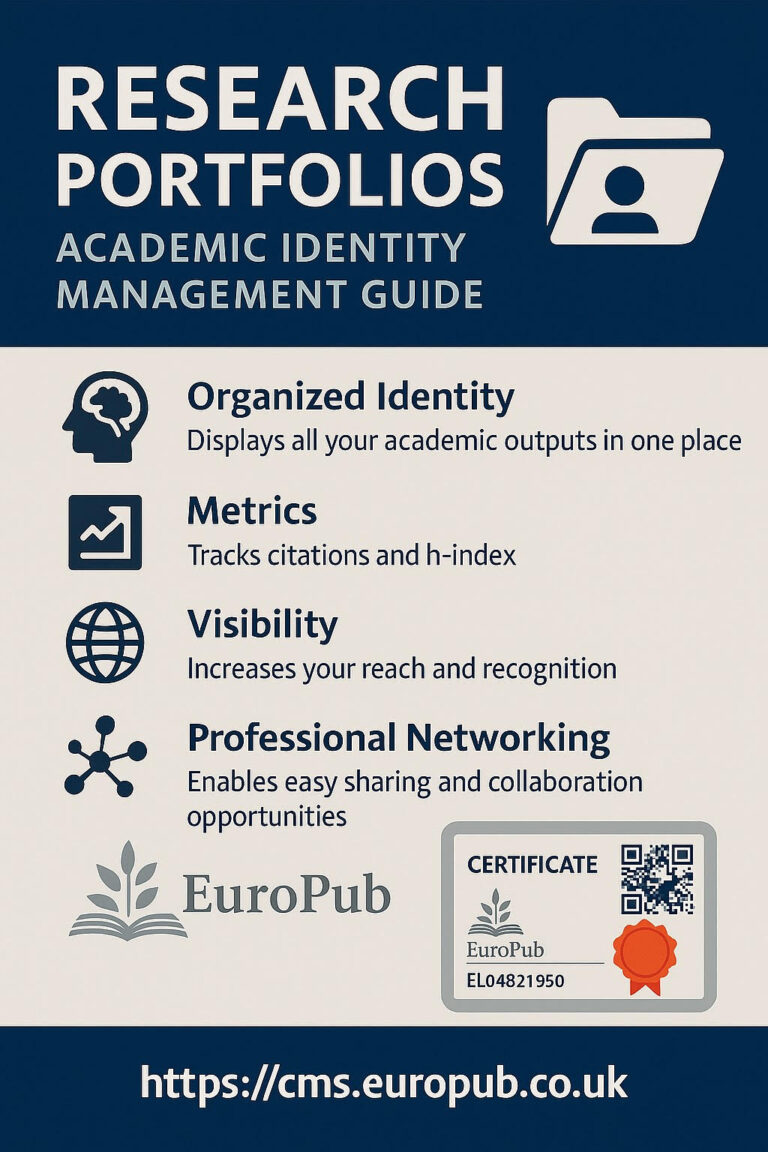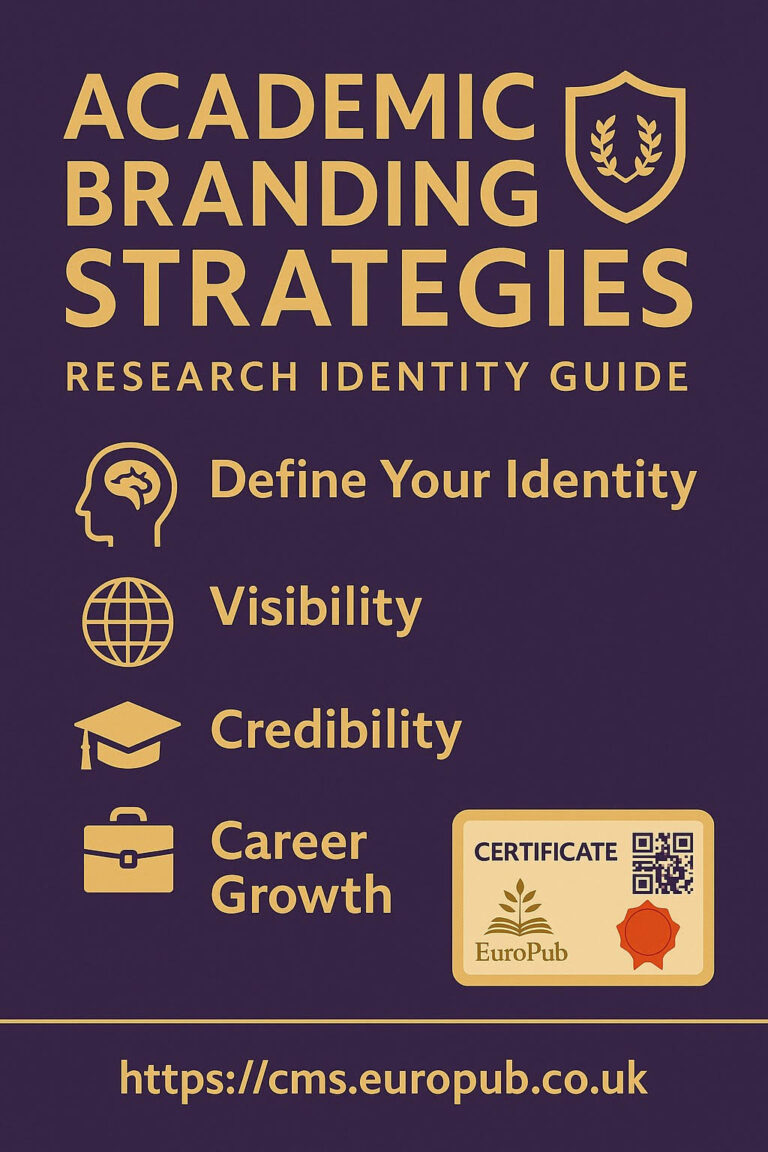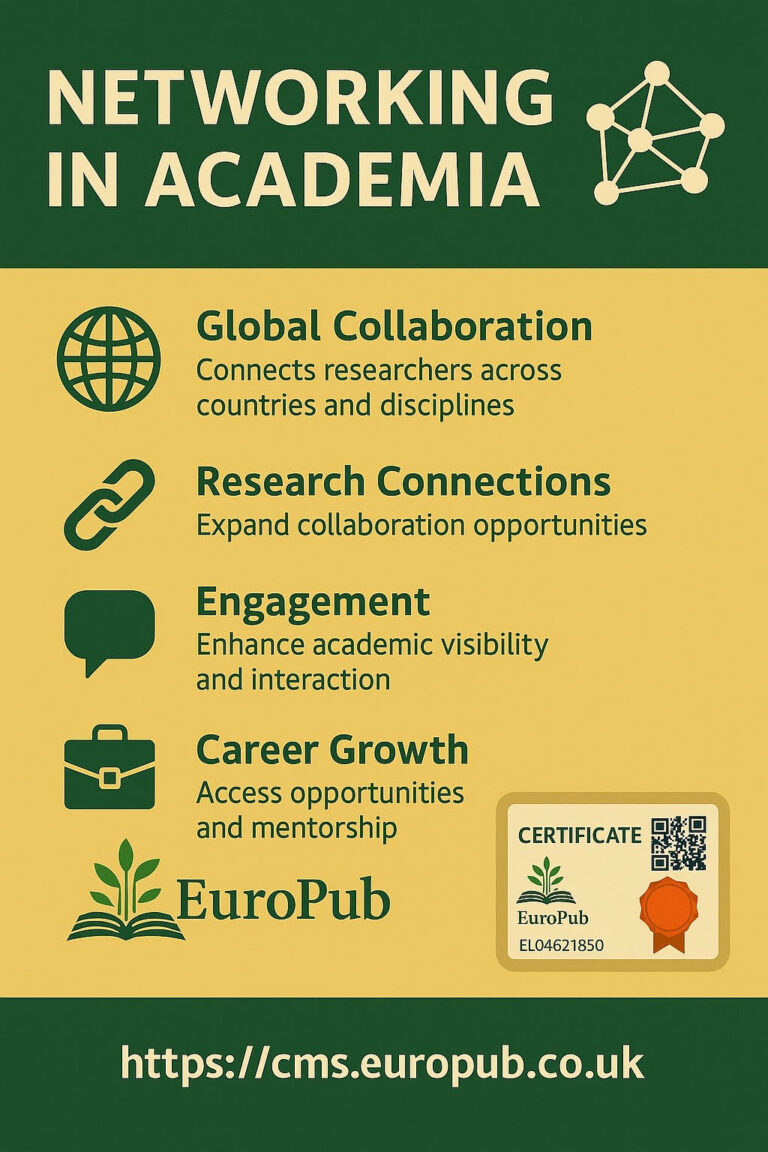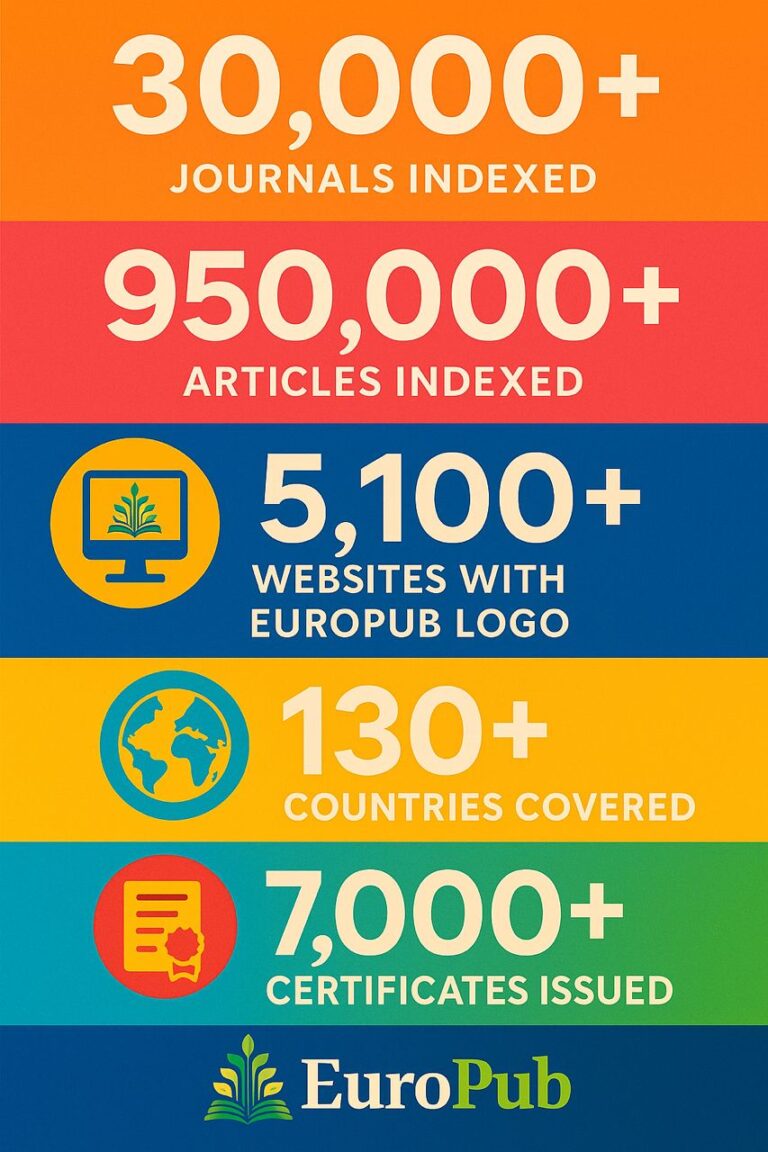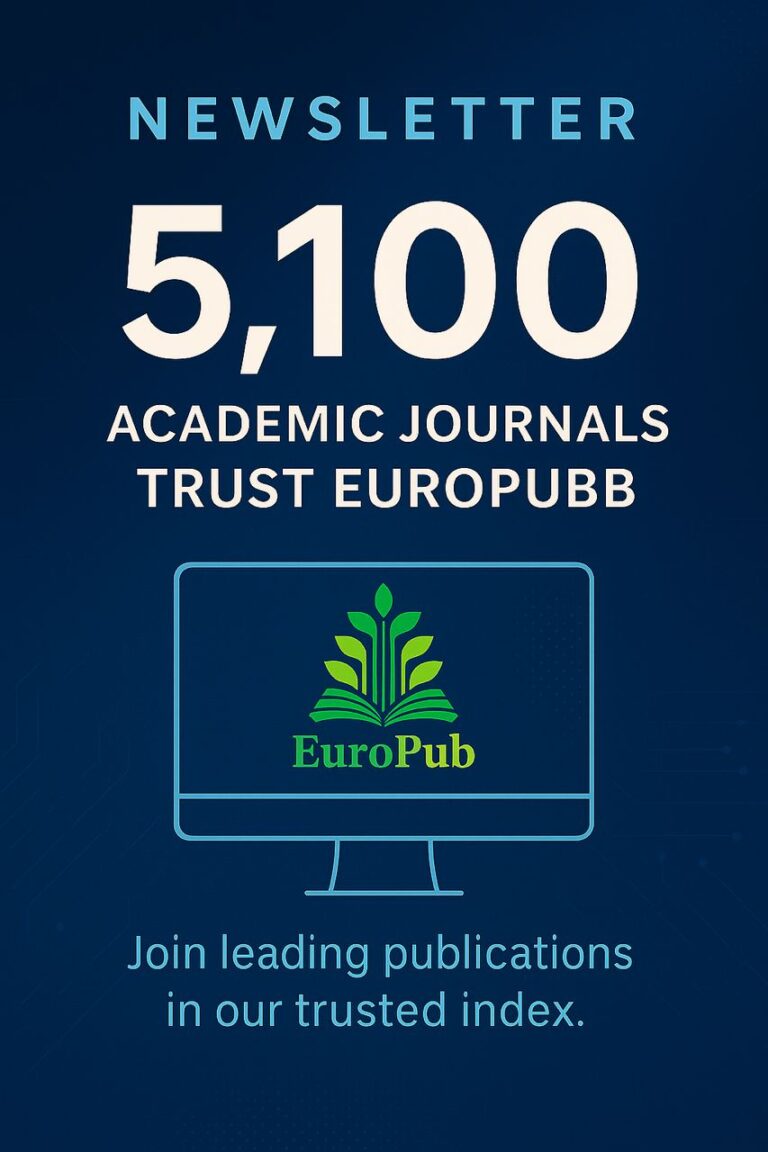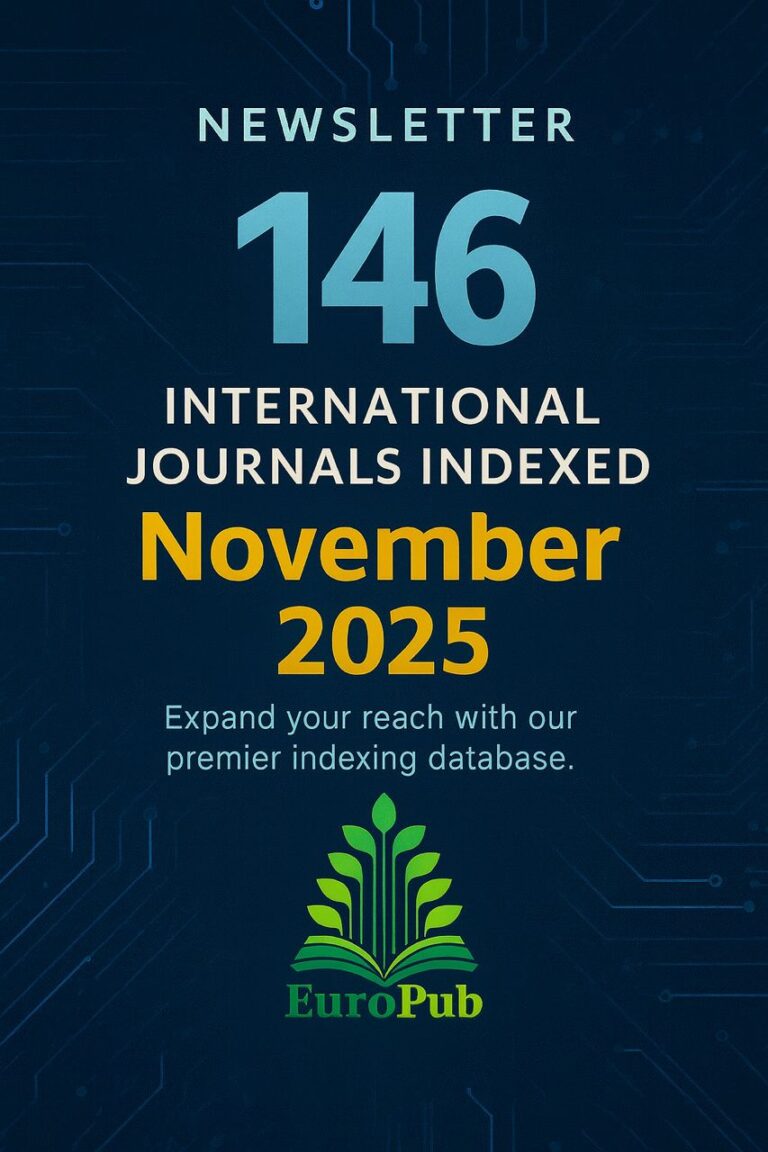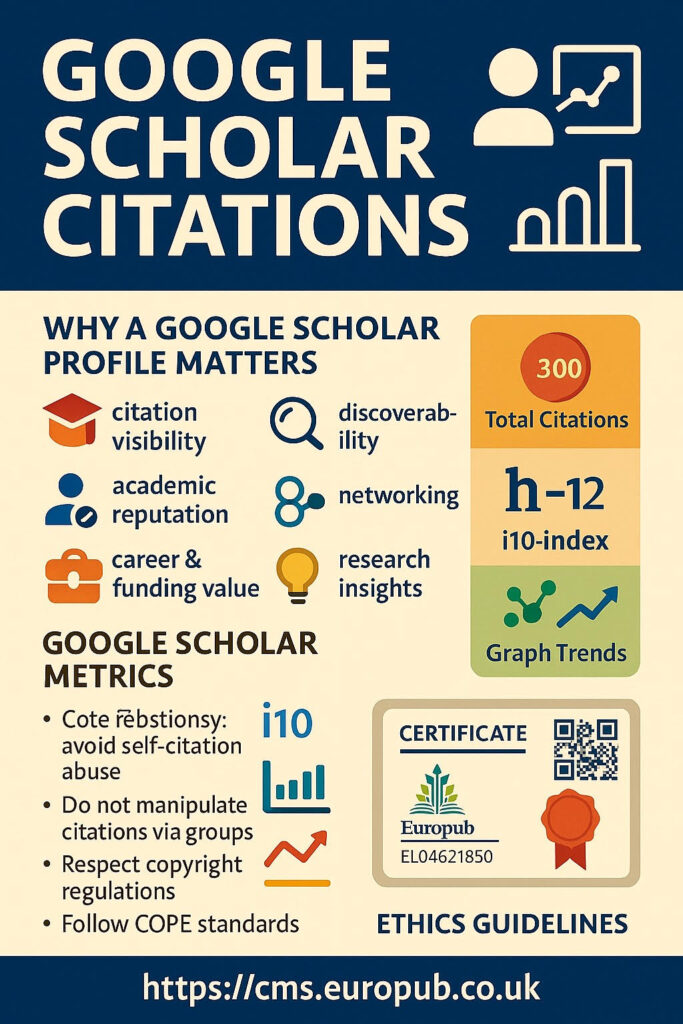
Google Scholar Citations is a free academic profile service that tracks and displays your scholarly impact, including citations, h-index, and i10-index. It enhances your academic visibility, credibility, and networking by allowing others to find your research, access your publications, and verify your metrics.
 Why a Google Scholar Profile Matters
Why a Google Scholar Profile Matters
| Benefit | Explanation |
|---|---|
 Citation Visibility Citation Visibility | Tracks how your work is cited worldwide |
 Academic Reputation Academic Reputation | Demonstrates research impact publicly |
 Discoverability Discoverability | Helps peers, editors, and institutions find your work |
 Networking Networking | Connects you with researchers in your field |
 Career & Funding Value Career & Funding Value | Often required in academic CVs, grants, promotions |
 Research Insights Research Insights | Shows which works are trending and impactful |
 How to Create a Google Scholar Profile (Step-by-Step)
How to Create a Google Scholar Profile (Step-by-Step)
 Go to Google Scholar
Go to Google Scholar
 Sign in with your academic or institutional Google account
Sign in with your academic or institutional Google account
 Click
Click
“My Profile”
and fill in:
- Full name
- Affiliation (university/institution)
- Verified institutional email
- Field(s) of study
- Personal webpage (optional)
 Add Publications
Add Publications
Search for your name → check your papers → click Add
 Tip: Manually add missing publications using DOI or title.
Tip: Manually add missing publications using DOI or title.
 Set Profile to
Set Profile to
Public
So others can find and cite you.
 Understanding Google Scholar Metrics
Understanding Google Scholar Metrics
| Metric | Meaning |
|---|---|
| Total Citations | Number of times your works have been cited |
| h-index | h papers cited at least h times |
| i10-index | Number of publications cited ≥10 times |
| Graph Trends | Citations over time (impact growth) |
 Best Practices to Optimize Your Profile
Best Practices to Optimize Your Profile
| Action | Why It Matters |
|---|---|
 Use official name format Use official name format | Easier for Google to index your papers |
 Upload verified email Upload verified email | Adds authenticity |
 Add ORCID ID Add ORCID ID | Connects profiles & publications |
 Attach PDF preprints ethically Attach PDF preprints ethically | Increases citation chance |
 Select field of research Select field of research | Improves discoverability |
 Regularly remove wrong papers Regularly remove wrong papers | Avoid incorrect citations |
 Common Mistakes to Avoid
Common Mistakes to Avoid
 Leaving profile private
Leaving profile private Adding papers that are not yours
Adding papers that are not yours Using non-academic Gmail without institutional ID
Using non-academic Gmail without institutional ID Not updating affiliations after job change
Not updating affiliations after job change Uploading copyrighted publisher PDFs
Uploading copyrighted publisher PDFs
 Citation Growth Tips
Citation Growth Tips
| Strategy | Why it Works |
|---|---|
 Deposit papers to repositories (arXiv, SSRN, ResearchGate) Deposit papers to repositories (arXiv, SSRN, ResearchGate) | Greater reach |
 Post research on LinkedIn, X, academic blogs Post research on LinkedIn, X, academic blogs | Increases readership |
 Collaborate internationally Collaborate internationally | Diverse citations |
 Present in conferences & webinars Present in conferences & webinars | Exposure |
 Write reviews & book chapters Write reviews & book chapters | High visibility |
 Ethics Guidelines
Ethics Guidelines
- Cite responsibly; avoid self-citation abuse
- Do not manipulate citations via groups
- Respect copyright regulations
- Follow COPE standards: https://publicationethics.org
 Useful Links
Useful Links
| Resource | URL |
|---|---|
| Google Scholar | https://scholar.google.com |
| Google Scholar Citations Guide | https://scholar.google.com/intl/en/scholar/citations.html |
| ORCID Registration | https://orcid.org |
| CrossRef DOI Lookup | https://www.crossref.org |
| Europub Certificate System | https://cms.europub.co.uk |
| Europub Database | https://europub.co.uk |
| Europub Scientific News | https://news.europub.co.uk |
 FAQs — Google Scholar Citations
FAQs — Google Scholar Citations
 1. Is Google Scholar free?
1. Is Google Scholar free?
Yes, fully free for researchers.
 2. Does it count all citations?
2. Does it count all citations?
It counts citations from across the web, not only journals — including books, theses, reports, etc.
 3. Why are my citations missing?
3. Why are my citations missing?
Possible reasons:
- Paper not indexed yet
- Incorrect author name format
- Duplicate profiles
- Publisher restrictions
 4. Can Google Scholar metrics be manipulated?
4. Can Google Scholar metrics be manipulated?
Possible, but unethical. Avoid fake papers, citation groups, or spam practices.
 5. Does Google Scholar count Scopus or WoS citations?
5. Does Google Scholar count Scopus or WoS citations?
No — those systems are separate. But overlap can occur if indexed in multiple databases.
 6. How do I increase citations ethically?
6. How do I increase citations ethically?
Share research widely, publish open access, collaborate, present at conferences.
 7. Should I link my ORCID?
7. Should I link my ORCID?
Yes — it improves accuracy and credibility.
 8. Can I export citations to Zotero/EndNote/Mendeley?
8. Can I export citations to Zotero/EndNote/Mendeley?
Yes, export formats supported: BibTeX, EndNote, RefMan, RefWorks
 9. Can I hide metrics?
9. Can I hide metrics?
Yes, but transparency is recommended for academic careers.
 Europub Certification Reminder
Europub Certification Reminder
Enhance your academic credibility with certified research metrics & author identity:
 Google Scholar Author Certificate
Google Scholar Author Certificate
 Citation & h-index Verification
Citation & h-index Verification
 ORCID & DOI Integration Certificate
ORCID & DOI Integration Certificate
 Apply via Europub Certificate Platform:
Apply via Europub Certificate Platform:
